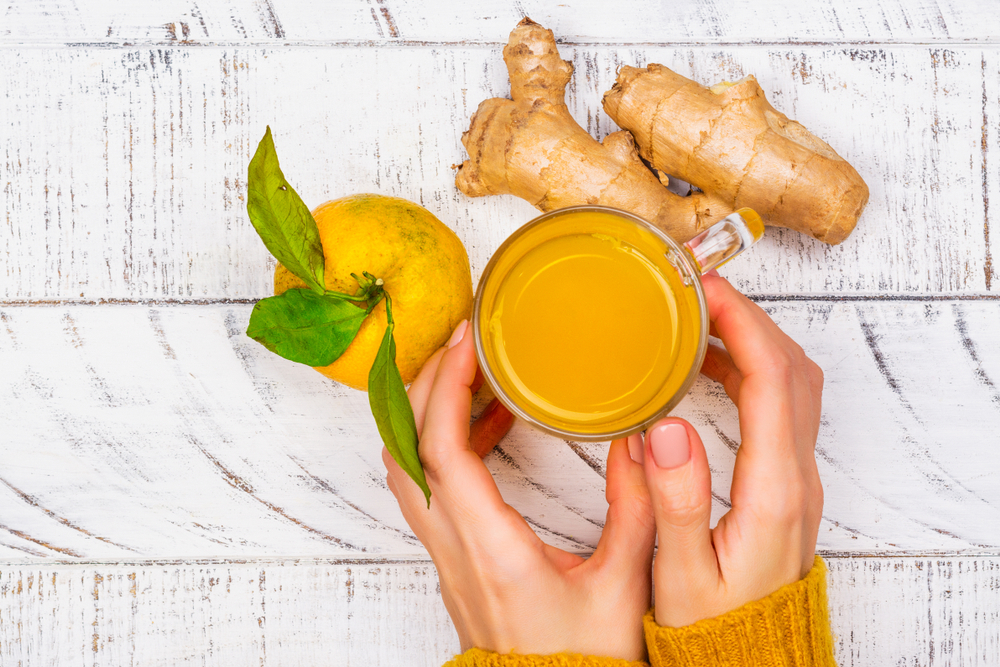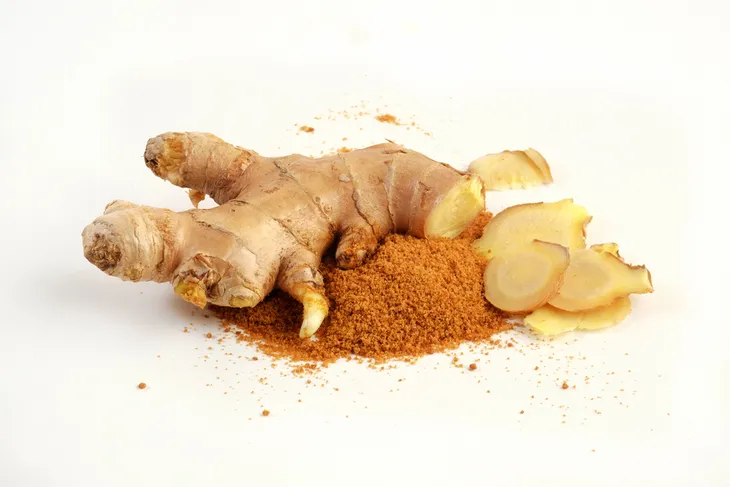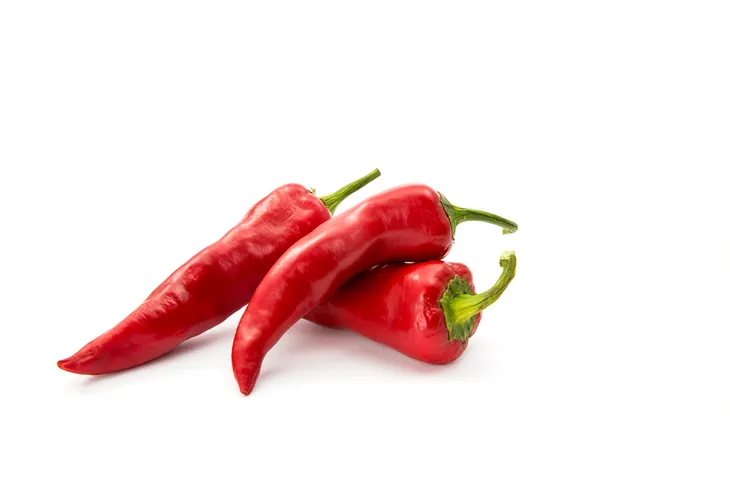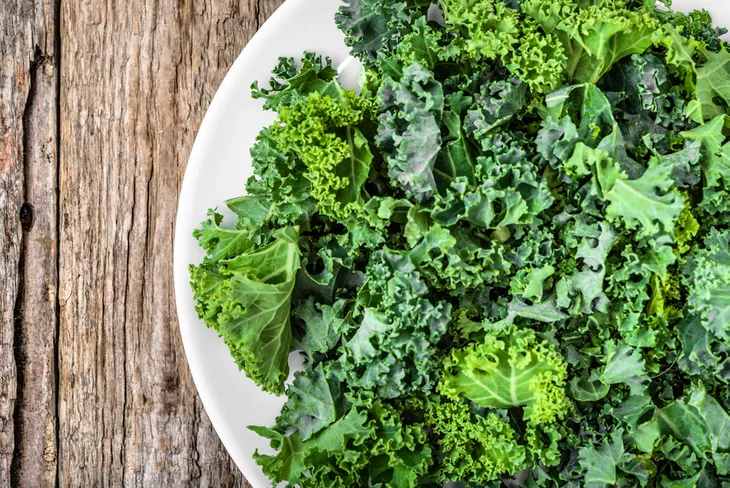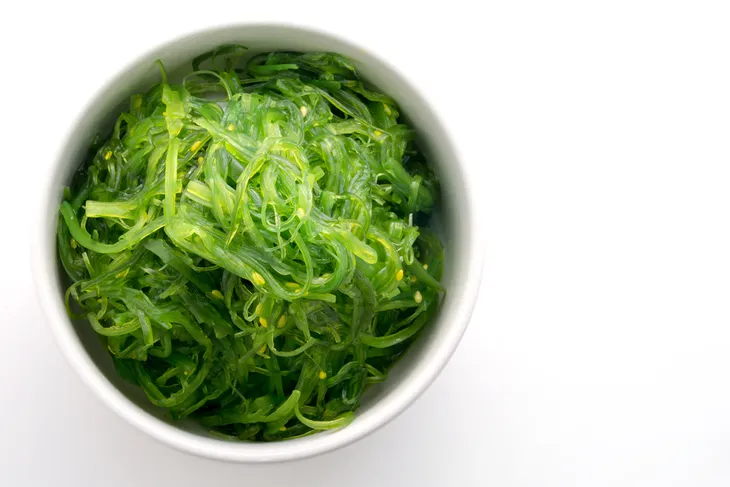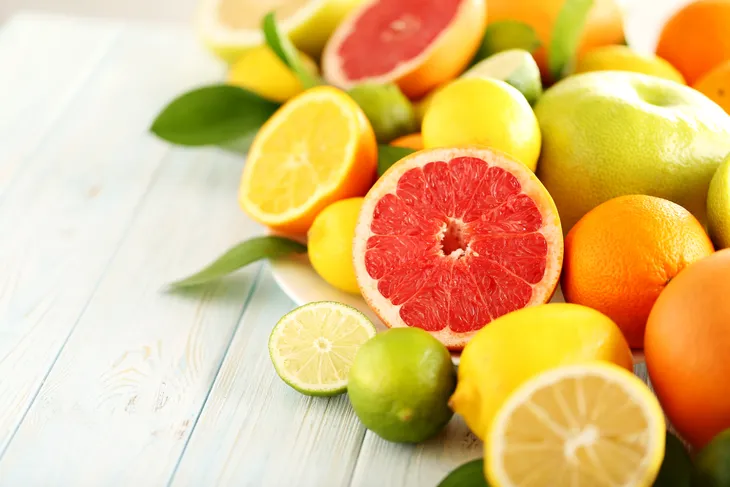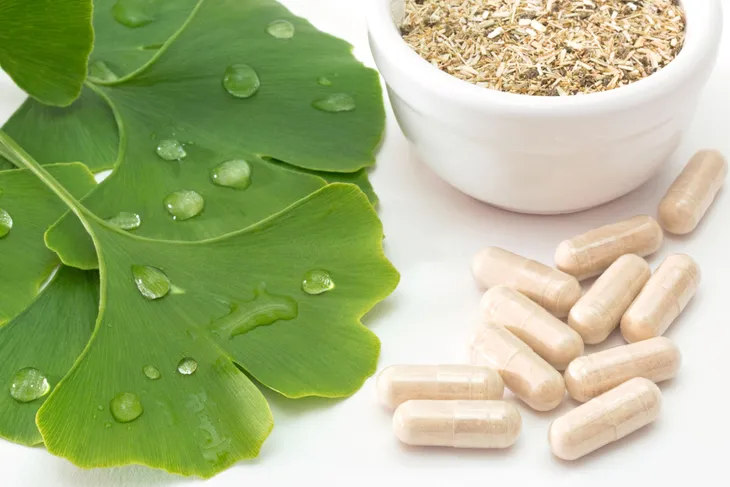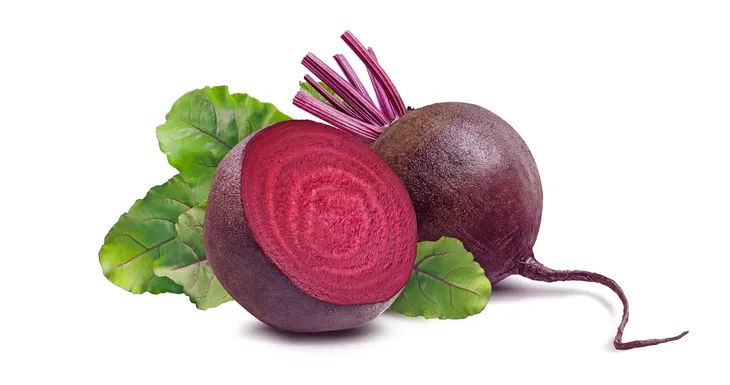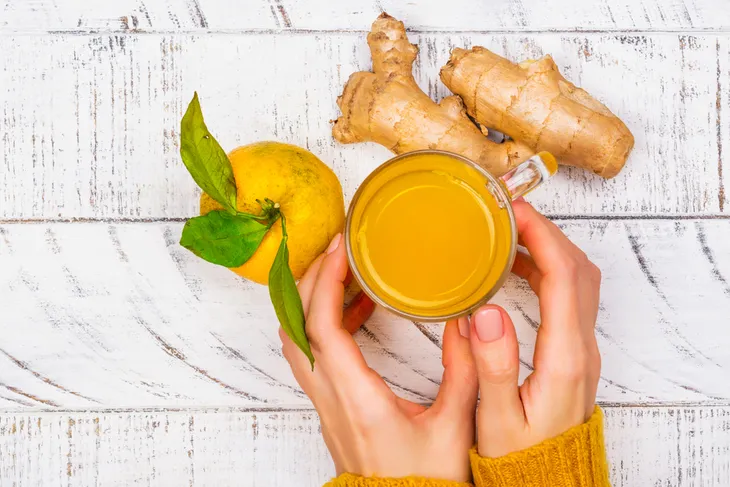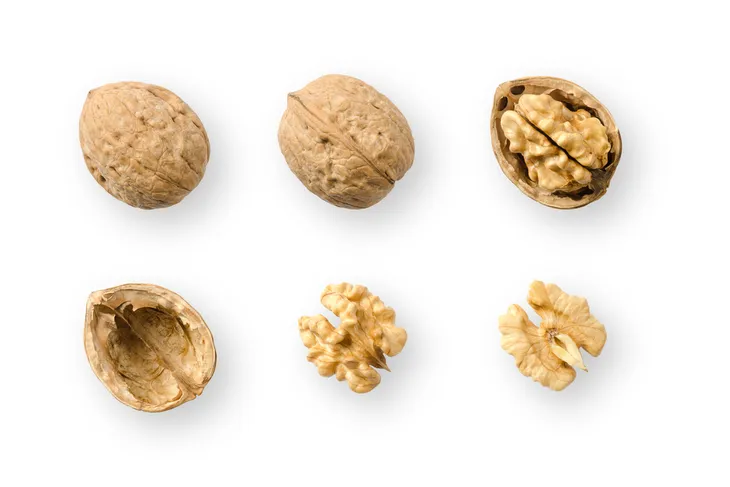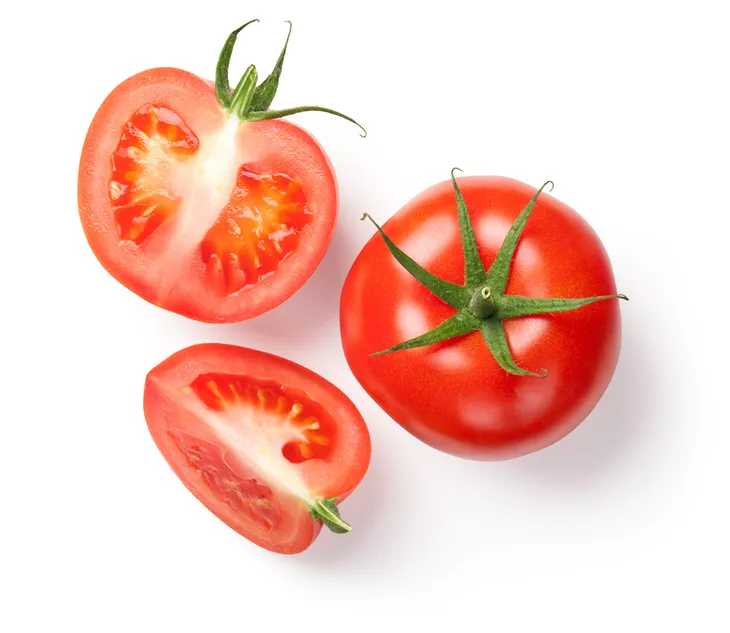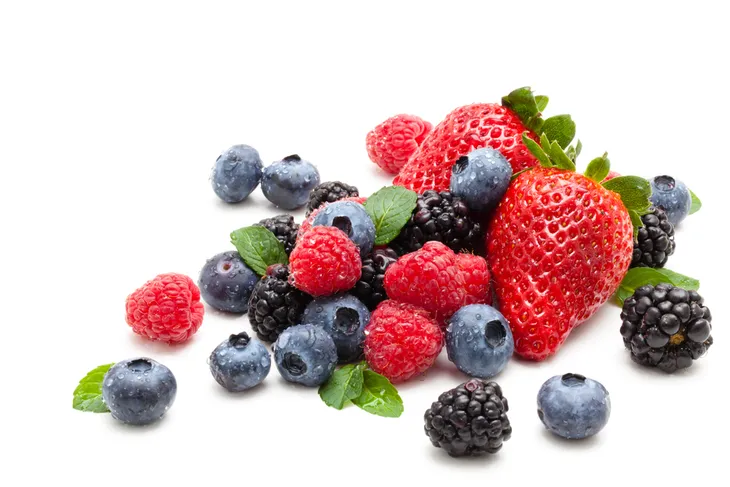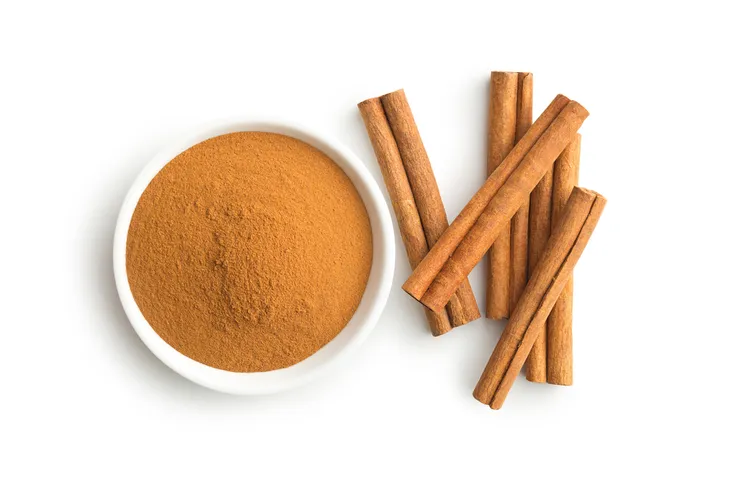Do you suffer from poor blood circulation? If so, the condition can create significant misery. In addition to numbness and tingling in your extremities, you could experience cognitive difficulties and debilitating fatigue. Poor circulation results from a combination of factors. Some health conditions may impede the flow of blood, and a sedentary lifestyle brings a host of dangers. However, the foods you eat also impact your circulatory system. If you’re hoping to manage your condition holistically, consider some changes to your diet that may help.
Coffee
Traditionally, past research on coffee investigated potential adverse effects on heart function. However, scientists discovered a fascinating phenomenon — drinking a cup of coffee seemed to decrease the risk of heart disease. Regular consumption of the brew reduced susceptibility to low-density lipoprotein oxidation, which leads to the plaques that clog your arteries.
That said, the way you prepare your coffee makes a difference. If you suck down frappes laden with sugar and artificial creamers, you’re not doing your heart any favors. Too much of either can add excess pounds that put pressure on your ticker. Try sweetening your concoction with a plant-based almond or hemp milk, and use stevia if you require a hint of sweetness to cut the bitter taste.
Ginger
You may have heard people recommending ginger to remedy an upset tummy. While the root is fantastic for this purpose, sipping on ginger tea may also boost blood flow. In traditional Chinese medicine, practitioners use the herb to improve the flow of bodily fluids, including the red stuff. Ginger stimulates the heart muscle and dilutes the blood.
One Japanese study indicated that ginger reduced blood pressure and cardiac workload. Further studies suggest that increasing your consumption of this herb can compensate, at least partially, for consuming a cholesterol-rich diet. If you go for a meal high in saturated fat, sipping a cup of ginger tea afterward may negate some of the adverse cardiovascular impacts. Do read your labels if you buy commercial ginger ale in hopes of a therapeutic effect — some have no genuine herbal content at all.
Chili Peppers
Do you like it red hot? If so, you may significantly bolster your cardiovascular health and circulation. The magic lies in capsaicin, the substance that gives these peppers their heat — and brings the sweat to your nose. If it makes your face perspire, your other bodily fluids are flowing more quickly, too.
Researchers at the Chinese University of Hong Kong found that capsaicin blocks a gene that makes arteries contract, which can prevent your blood flow. Additionally, it lowers blood cholesterol levels. Cholesterol is a substance that can build up in your arteries, impeding circulation and leading to potentially fatal heart attacks.
Kale
All hail king kale! This dark green leafy vegetable has won many accolades in the recent press for its health benefits. Among other perks, this salad green contains high levels of antioxidants. Plus, the magnesium and potassium in this superfood both help decrease blood pressure naturally. The high fiber benefits cholesterol levels, too.
If you don’t relish the idea of drinking kale smoothies, you can add this veggie to nearly any dish. Toss a handful of leaves in your wrap for a satisfying crunch. You can also make a kale salad with avocado green goddess dressing for a light and refreshing midday meal.
Seaweed
You might not think about eating seaweed unless you’re a sushi lover, but even if you eschew fish, you should get in on the craze. Why? This plant contains high levels of potassium, a mineral that helps lower blood pressure by negating the damaging effects of salt. Because it helps clean toxins from your blood, it decreases the chance that you’ll get a clot that stops the flow.
Seaweed also contains a wide range of nutrients, including B-vitamins. If you don’t relish the idea of eating kelp, you can purchase organic supplements at health food stores. Exercise caution in where you source such products, however. Concerns about contamination have scientists monitoring the supply for radiation or chemical contamination.
Fortified Orange Juice and Citrus Fruits
Citrus fruits contain a phytonutrient called hesperidin, which increases blood flow. When researchers gave study participants the amount of this nutrient found in two glasses of orange juice, their blood flow increased. If you adore having half of a grapefruit for breakfast, you’re doing your circulatory system a solid.
A glass of fortified orange juice in the morning will help you get your dose of hesperidin and vitamin D as well. Vitamin D helps kill oral bacteria and prevent gum disease as well as bolster circulation. Bacteria can enter your bloodstream through swollen gums, leading to inflammation and infection.
Ginkgo Biloba
Think of your blood like your car’s motor oil for a moment. When it gets dirty and laden with contaminants, it’s harder to push through your body. Enter the Asian super herb Ginkgo Biloba. Studies show this ancient herb opens up blood vessels by making blood less sticky and less prone to clotting.
Does Alzheimer’s disease run in your family? Scientists continue to research this tree’s efficacy in protecting neurons from damage. Several studies indicate that it has a positive effect on memory and thinking in those who have the disease. However, other studies show no effect. Since no research to date suggests a negative impact on health, you can experiment to see if you reap any brain-boosting benefits in addition to increased blood flow.
Beets
Nutritionists don’t discuss beets as much as they probably should. These root vegetables are rich in nitrates, substances your body converts to nitric oxide, which boosts blood flow and lowers pressure. One study showed a decrease in blood pressure among adults who consumed two cups of juice daily.
You still have some of the winter left to enjoy a hearty goulash made with beets, so get in the kitchen this weekend. Your arteries and veins may thank you, as well as your tummy.
Turmeric
Hopefully, you’re using turmeric and black pepper if you have chronic pain — the combo produces massive anti-inflammatory effects. This yellow herb that’s popular in Indian cuisine contains a compound called curcumin that stops painful inflammation in its tracks. However, adding black pepper increases the bioavailability of this substance in your blood.
If your veins and arteries or your heart tissue become inflamed, adverse health consequences result. Narrow blood vessels can lead to a heart attack or a stroke. If your heart becomes inflamed, you could go into failure. Enjoy some curry for dinner tonight, and appreciate the vascular benefits.
Nuts
Some nuts, such as walnuts, contain high levels of magnesium, a mineral that naturally lowers your blood pressure. Additionally, nuts contain high levels of omega-3 fatty acids. You might think, “How can any type of fat be good for my heart health?” However, polyunsaturated fats improve the function of this organ — even if you previously had heart disease.
Omega-3s should make up anywhere from 5- to 10-percent of your diet. You can also find these substances in fatty fish and eggs. However, if you adhere to a vegetarian or vegan lifestyle, you can boost your intake through extra virgin olive oil, too.
Tomatoes
When you look at the historical record, it’s hard to believe that people used to fear tomatoes because aristocrats grew sick and died after eating them. However, it wasn’t the fruit causing the problem. Instead, the acid released the lead from the pewter plates these upper-crust citizens dined upon, causing poisoning.
Tomatoes contain both lycopene and iron. Lycopene helps widen the blood vessels and facilitates blood flow. Iron is a critical component of red blood cells, and you may struggle to absorb more of it from plant-based sources than animal products. Therefore, if you follow a vegan diet, you have an additional reason to reach for that extra slice of pizza — the sauce gives you the iron you need for healthy blood supply.
Berries
Millions of Americans now live with either diabetes or prediabetes, two conditions that can add strain to the heart. Many people with metabolic syndrome go on to develop type 2 diabetes. This condition can make shedding excess pounds problematic. A mounting pool of evidence suggests that eating more berries has significant potential in the prevention and treatment of risk factors associated with metabolic syndrome.
Berries contain a ton of anthocyanins, a type of phytonutrient found in blue fruits. You can add a handful to your morning bowl of oatmeal or start your day with a berry and almond milk smoothie.
Cinnamon
Cinnamon comes from the bark of a tree, and this herb can substantially benefit circulation and heart health. In people with type 2 diabetes, half a teaspoon of the spice daily has a beneficial effect on blood markers. It also lowers “bad” or LDL cholesterol levels while raising “good” or HDL levels.
You can incorporate cinnamon into your diet in many ways. Add a scoop to your morning coffee grounds for flavor and health benefits. You can also sprinkle some on top of non-dairy yogurt or use the spice in baking.
